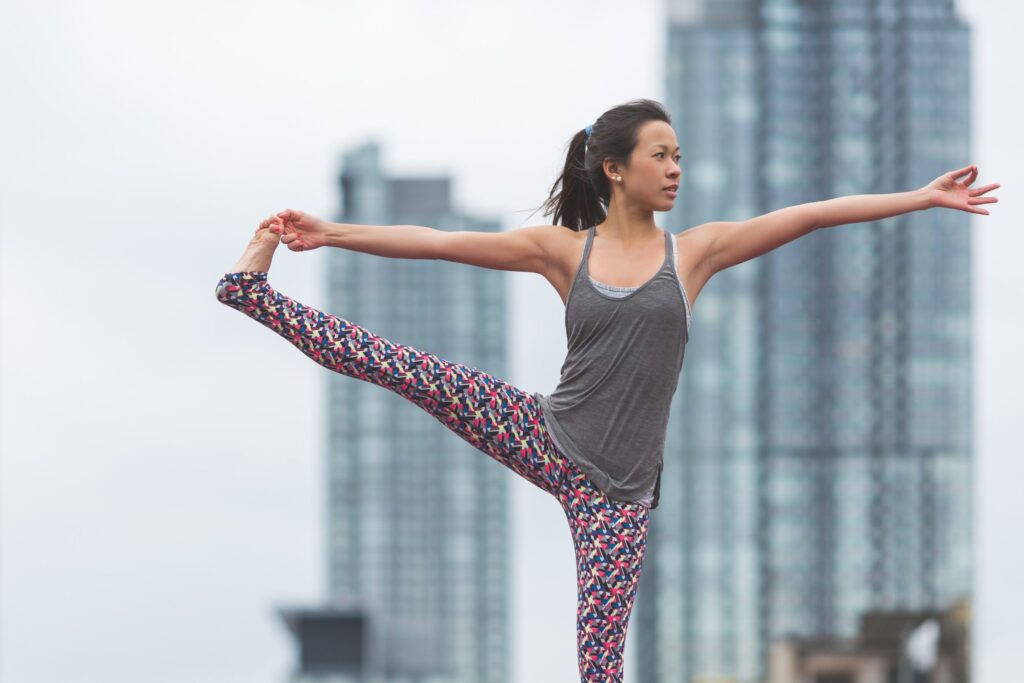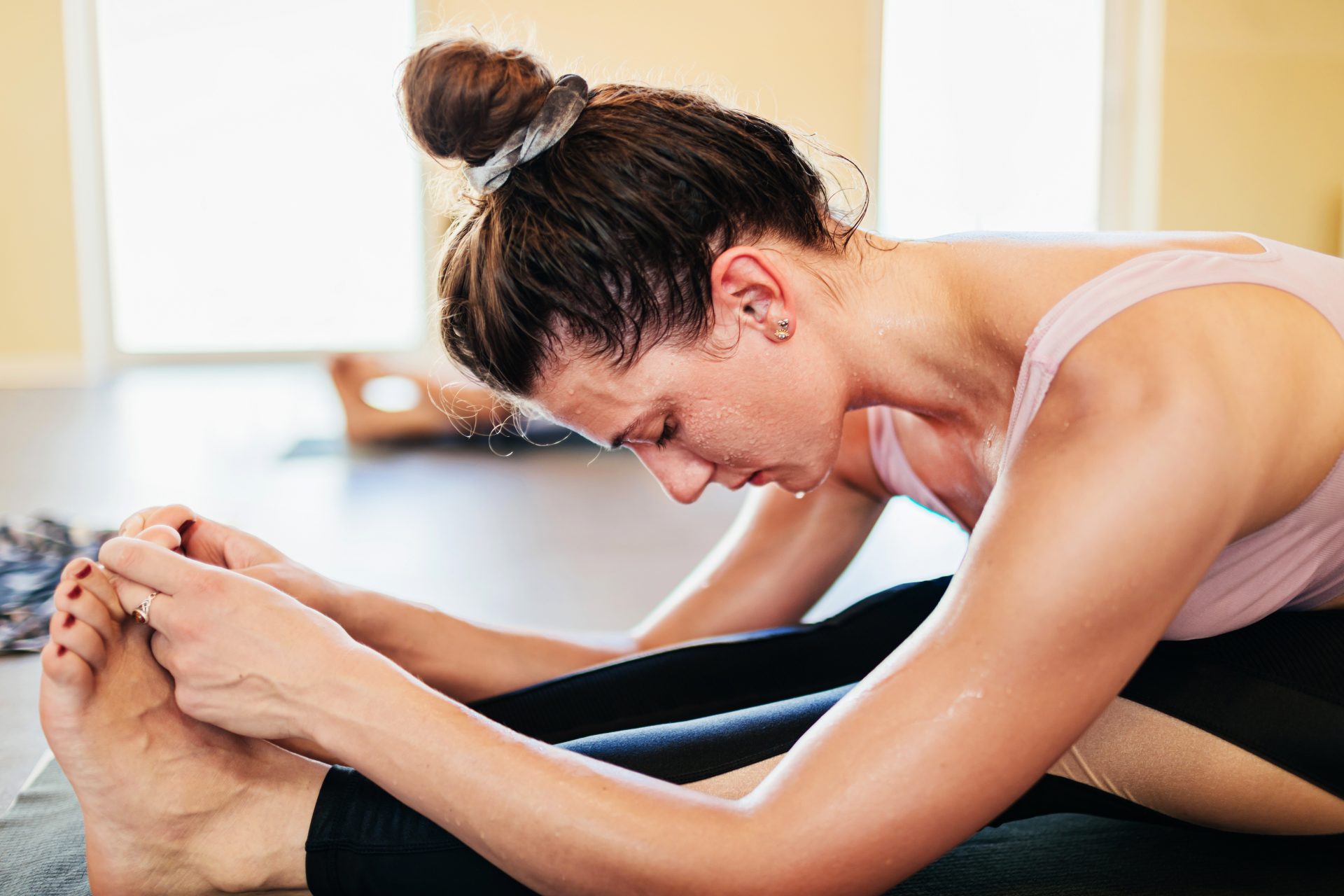Introduction
In recent years, CBD (cannabidiol) has gained popularity in the fitness and wellness communities as a potential aid for workouts and recovery. CBD is a non-psychoactive compound derived from the cannabis plant, and its perceived benefits have prompted many fitness enthusiasts to incorporate it into their routines. In this comprehensive guide, we will delve into how CBD could affect your workout, examining the science behind it, potential advantages, and essential considerations for those looking to harness its potential benefits.

Understanding CBD and Its Interaction with the Body
CBD is one of over 100 cannabinoids found in the cannabis plant. Unlike its cousin THC (tetrahydrocannabinol), CBD does not produce the characteristic “high” associated with marijuana use. Instead, it interacts with the endocannabinoid system (ECS), a complex network of receptors and neurotransmitters found throughout the body.
The Endocannabinoid System (ECS):
The ECS plays a crucial role in regulating various physiological processes, including mood, pain perception, immune response, and inflammation. It is involved in achieving and maintaining homeostasis, or balance, within the body.
CBD’s Mechanism of Action:
CBD interacts with the ECS by influencing its receptors indirectly. It is believed to modulate the ECS, potentially promoting a state of balance that can impact various bodily functions. This interaction forms the basis for its potential benefits, including those related to workouts.
Scientific Evidence for CBD and Exercise
Pain and Inflammation Management:
Exercise-induced pain and inflammation are common barriers to a productive workout routine. CBD’s anti-inflammatory properties may help alleviate these issues. A study published in the “European Journal of Pain” in 2016 reported that topical applying CBD topically resulted in a reduction of arthritis pain and joint swelling in rats.
Stress and Anxiety Reduction:
Pre-workout stress and anxiety can hinder performance. CBD is known for its anxiolytic (anxiety-reducing) properties, which may help individuals feel more relaxed and focused before a workout. Reduced anxiety can lead to a more productive exercise session.
Sleep and Recovery:
Quality sleep is essential for workout recovery. CBD’s potential to improve sleep quality and reduce sleep disturbances could benefit individuals striving for optimal recovery between workouts. A study in the “Journal of Clinical Pharmacy and Therapeutics” in 2014 suggested that CBD may help improve sleep patterns.
Appetite Regulation:
Maintaining a balanced diet is integral to an effective fitness regimen. Some individuals may find that CBD helps regulate appetite, making it easier to manage calorie intake and make healthier food choices.
Neuroprotection:
Exercise places stress on the brain, which can lead to oxidative damage and inflammation. CBD’s neuroprotective properties may help mitigate these effects, potentially preserving cognitive function in the long term.
Potential Benefits of CBD for Workouts
Pain Relief:
CBD’s anti-inflammatory and analgesic properties may reduce exercise-induced pain and discomfort, allowing for longer and more intense workouts.
Anxiety Reduction:
Pre-workout jitters can negatively impact performance. CBD may help reduce anxiety and promote a calmer state of mind, enhancing focus and concentration.
Recovery Enhancement:
Improved sleep and reduced inflammation can lead to more effective post-workout recovery, ensuring that muscles repair and grow optimally.
Appetite Regulation:
CBD’s potential to influence appetite may aid in maintaining a balanced diet, supporting fitness and weight management goals.
Mood and Motivation:
CBD may help improve mood and motivation, making it easier to stay committed to a workout routine over the long term.
Factors to Consider When Using CBD for Workouts
Before incorporating CBD into your workout routine, it’s crucial to consider various factors to ensure a safe and effective experience:
Dosage:
Determining the appropriate CBD dosage for your needs can be challenging, as it varies based on individual factors such as body weight, metabolism, and tolerance. Starting with a low dose and gradually increasing it is advisable.
Product Quality:
The CBD market is unregulated, so it’s essential to choose reputable manufacturers that provide third-party lab testing results to ensure product purity and potency.
Timing:
The timing of CBD consumption can affect its effects on your workout. Some individuals prefer to take it before exercise to manage anxiety and reduce pain, while others find it more beneficial post-workout to aid in recovery.
Consultation with a Healthcare Professional:
If you have underlying medical conditions or are taking other medications, consult with a healthcare provider before using CBD. CBD can interact with certain medications, and professional guidance is essential.
Legal Considerations:
The legal status of CBD varies by region and country. Be aware of the laws in your area and choose products that comply with regulations.
Consistency and Patience:
CBD may take time to build up in your system, and its effects on workouts may not be immediately noticeable. Consistency with your dosing regimen and patience are key.
Safety and Potential Side Effects
CBD is generally considered safe and well-tolerated when used responsibly. However, some individuals may experience side effects, including:
- Dry mouth
- Changes in appetite
- Dizziness
- Fatigue
- Diarrhea
These side effects are typically mild and temporary. Adjusting the dosage or discontinuing use can help minimize adverse reactions.
While we’ve discussed the potential benefits of CBD for workouts themselves, it’s crucial to highlight its role in post-workout recovery. A successful recovery is essential for building muscle, preventing injuries, and sustaining a long-term fitness routine. Here’s how CBD may contribute to the recovery phase:
- Reduced Inflammation: Intense workouts often lead to muscle inflammation, which can result in soreness and discomfort. CBD’s anti-inflammatory properties may help reduce this inflammation, potentially leading to quicker recovery and less muscle pain.
- Improved Sleep: Quality sleep is vital for recovery, as it’s during sleep that the body repairs and builds muscles. CBD’s ability to promote better sleep quality and reduce sleep disturbances may aid in the recovery process, ensuring that your body gets the rest it needs to heal and grow.
- Pain Management: Post-workout soreness and pain can be limiting factors in subsequent workouts. CBD’s analgesic properties may help manage this pain, making it easier to stay consistent with your fitness routine.
- Stress Reduction: Exercise places physical stress on the body, but it can also contribute to mental stress. CBD’s potential to reduce stress and anxiety can be valuable for maintaining a positive mindset during recovery.
- Appetite Regulation: Proper nutrition is crucial for recovery, and appetite regulation is an often-overlooked aspect of post-workout health. CBD’s influence on appetite may help ensure that you consume the nutrients necessary for optimal recovery.
- Neuroprotection: CBD’s neuroprotective properties may help protect the brain from oxidative stress and inflammation associated with intense workouts, potentially preserving cognitive function in the long term.
It’s important to remember that CBD should not be viewed as a shortcut to fitness results. Instead, it should be seen as a complementary tool that, when used responsibly, can enhance your overall fitness experience and support your journey toward your goals.
Conclusion
CBD has the potential to positively impact workouts by addressing pain, anxiety, recovery, appetite, and more. While research on CBD and exercise is ongoing, many fitness enthusiasts have reported improved workout experiences when incorporating CBD into their routines.
When considering CBD for workouts, it is essential to approach it with informed and cautious optimism. Start with a low dose, choose high-quality products, consult with a healthcare professional when necessary, and be patient as you monitor your body’s response. With the right approach, CBD may become a valuable tool for enhancing your fitness journey, supporting your goals, and promoting overall well-being. As research continues, we can expect more insights into how CBD can optimize workouts and contribute to a healthier, more active lifestyle.

